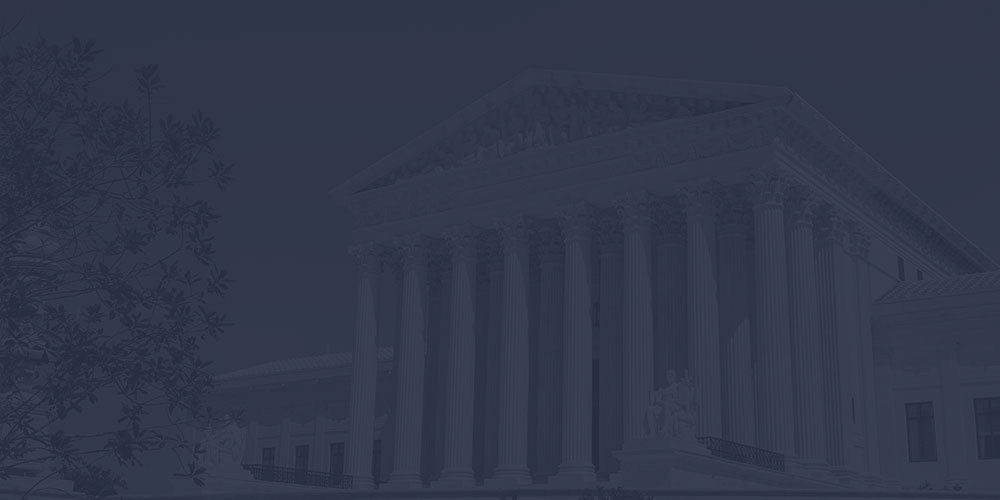State ex rel. Darin Lutman, Relator v. The Honorable M. Brandon Baker, Respondent (SC99139).
The Missouri Supreme Court recently issued an opinion discussing the physician-patient privilege as it applies to medical records of a defendant in civil litigation.
Darin Lutman’s vehicle crossed the center line on Missouri Highway 7 and struck a vehicle driven by Sondra Murrell. The collision killed Ms. Murrell and allegedly injured her grandson. Lutman told investigating police officers immediately after the accident that he “blacked out,” “fainted,” or “had a heart attack” at the time of the accident. Subsequently, Lutman apologized for the accident in a letter written to Ms. Murrell’s family. In attempting to explain the accident, Lutman wrote, “I simply became [an] alcoholic and addicted to medication and lost control of my life.” Lutman added, “I want you to know I felt like I was having a heart attack and was going to blackout. I tried to turn in to the gravel on the left and that is all I remember.”
In connection with a wrongful death suit against Lutman, the Murrell family filed Notices of Depositions and Subpoenas for Lutman’s medical records. In a Motion to Quash, Lutman emphasized that he had not placed his medical condition at issue in any pleading and argued that the physician-patient privilege protected the requested information from disclosure.
The Circuit Court issued an Order overruling Lutman’s Motion to Quash stating that “the medical records at issue contain information relevant to the claims raised in the above-referenced case.” The Circuit Court ordered the healthcare providers to “produce and disclose all medical records and files in their possession related to Darin Lutman.” Lutman filed a Petition for Writ of Prohibition in the Court of Appeals which the Court promptly denied.
Lutman then filed a Petition for Writ of Prohibition with the Missouri Supreme Court. In making its preliminary Writ of Prohibition permanent, the Supreme Court ruled that the Circuit Court errored in ordering the disclosure of Lutman’s medical records in that Lutman never waived the physician-patient privilege set forth in RSMo Section 491.060(5). The Court concluded that Lutman neither placed his medical condition at issue nor took any action sufficient to waive the physician-patient privilege.
The Court discussed the importance of the physician-patient privilege and noted that medical records protected by the privilege are not discoverable even when directly relevant to a party’s claims. However, the physician-patient privilege is not absolute and can be expressly or impliedly waived by the patient. The most common express waiver involves “plaintiffs who voluntarily place their medical condition in issue by filing a petition alleging that they suffered physical or mental injuries.” Rodriguez v. Suzuki Motor Corp., 996 S.W.2d 47, 63 (Mo. banc 1999). An implied waiver requires an act by the patient “showing a clear, unequivocal purpose to divulge the confidential information.” Id.
The Murrell family first argued that Lutman waived the physician-patient privilege through the statements made to the police immediately after the accident. However, the Court concluded that Lutman’s brief and nondescript statements to the police contained no privileged information and failed to indicate “a clear, unequivocal purpose to divulge his confidential medical information.”
In their second argument, the Murrell family argued that Lutman’s apology letter waived the physician-patient privilege by referencing his addiction and by stating that he felt like he was experiencing a heart attack and was going to blackout immediately before the accident. The Court disagreed and found that, “… without more, Lutman’s statements in the letter do not clearly and unequivocally indicate an intent to waive the physician-patient privilege.” The Court determined that, even when reading the letter in the light most favorable to the Murrell family, “… there is no way to reasonably construe Lutman’s apology and explanation as an indication of his desire to share his confidential medical records.”
In a footnote, the Supreme Court criticized the Circuit Court by pointing out that, contrary to providing a safeguard protecting a patient’s privacy, its Order “… impermissibly granted the Murrell Family access to all of Lutman’s records … irrespective of the age of the records or whether they were relevant to the medical conditions at issue.” The Supreme Court seemingly indicated that, given the breadth of the Circuit Court’s Order in this case, its decision would be no different had Lutman impliedly waived the physician-patient privilege.
Article by Jim Gottschalk



